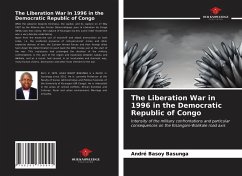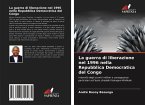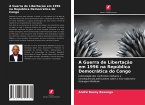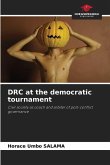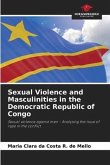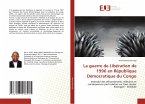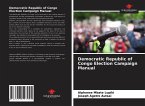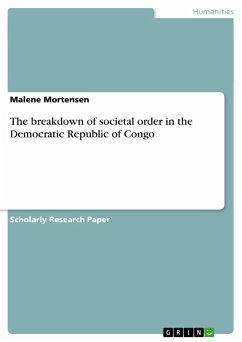While the advance towards Kinshasa, the capital, and its capture on 17 May 1997 by the Alliance des Forces Démocratiques pour la Libération du Congo (AFDL) was less costly, the capture of Kisangani by this same rebel movement was a very delicate undertaking. Apart from the excessive use of stand-off and attack ammunition on both sides, i.e. the scattered presence of 'anti-personnel' mines and other explosive devices of war, the Zairean Armed Forces and their foreign allies had shown the determination to push back the AFDL troops just at the start of the war. This resistance had prolonged the duration of the military confrontations in this part of the region and especially between Lubutu and Walikale, and as a result, had caused, in an incalculable and dramatic way, many human victims, destruction and other facts inherent to the war.
While the advance towards Kinshasa, the capital, and its capture on 17 May 1997 by the Alliance des Forces Démocratiques pour la Libération du Congo (AFDL) was less costly, the capture of Kisangani by this same rebel movement was a very delicate undertaking.
Apart from the excessive use of stand-off and attack ammunition on both sides, i.e. the scattered presence of 'anti-personnel' mines and other explosive devices of war, the Zairean Armed Forces and their foreign allies had shown the determination to push back the AFDL troops just at the start of the war. This resistance had prolonged the duration of the military confrontations in this part of the region and especially between Lubutu and Walikale, and as a result, had caused, in an incalculable and dramatic way, many human victims, destruction and other facts inherent to the war.
While the advance towards Kinshasa, the capital, and its capture on 17 May 1997 by the Alliance des Forces Démocratiques pour la Libération du Congo (AFDL) was less costly, the capture of Kisangani by this same rebel movement was a very delicate undertaking.
Apart from the excessive use of stand-off and attack ammunition on both sides, i.e. the scattered presence of 'anti-personnel' mines and other explosive devices of war, the Zairean Armed Forces and their foreign allies had shown the determination to push back the AFDL troops just at the start of the war. This resistance had prolonged the duration of the military confrontations in this part of the region and especially between Lubutu and Walikale, and as a result, had caused, in an incalculable and dramatic way, many human victims, destruction and other facts inherent to the war.

